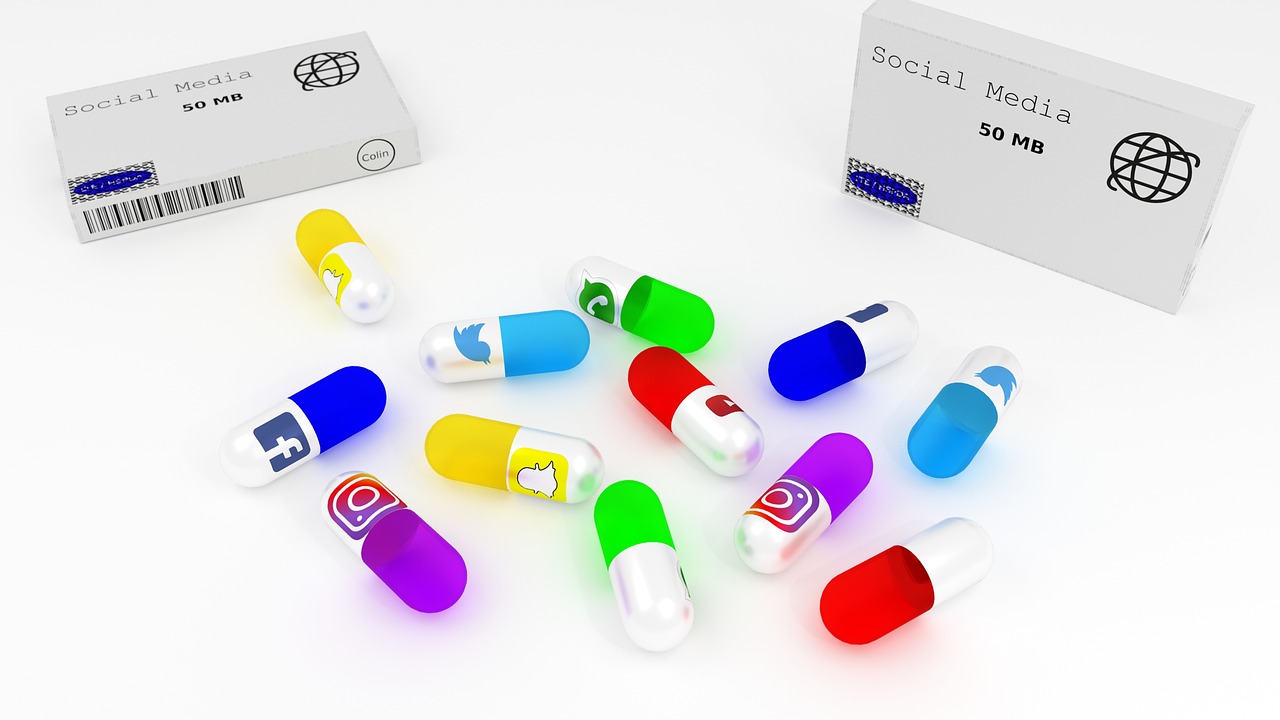DIGITAL LIFE

Social media is intentionally created to act as "behavioral cocaine"
According to a new documentary from the BBC's "Panorama" series, social media companies are struggling to leave us addicted to their services.
The report, which airs today, tries to decipher why people are increasingly clinging to their smartphones and consumed by social networks.
Interviews with people who worked in this industry reveal how companies have deliberately developed habits-building technology to attract users, and investigate how behavioral science has been used to keep people always checking their phones.
For example, features such as infinite scrolling and the "enjoy" button make individuals stay connected to social networks for longer than necessary, as well as nurture their insecurities.
Infinite scrolling
One respondent is Aza Raskin, who has worked for Mozilla and Jawbone, creator of "infinite scrolling," a feature that allows a user to scroll through content endlessly without having to click anything."If you do not give your brain time to get its impulses, you keep rolling," he told the BBC.Raskin did not intend to leave people hooked, but feels guilty about the impact of his innovation. However, this is now just one of several elements that social media platforms use to attract users."It's like [platforms] spreading behavioral cocaine all over your interface, and that's what makes you come back and come back and come back," he said. "Behind every screen on your phone, there are literally a thousand engineers who worked on it to try to make it more addictive."Like it!Another interviewee on the documentary is Leah Pearlman, co-creator of Facebook's "curtir" button, alongside Justin Rosenstein.She admitted to the BBC that, like other users, she also became addicted to the social media service by searching for tastings in her posts. "When I need validation, I'll check Facebook. If I'm feeling alone, I'll see my phone. If I'm feeling insecure, I'll check my phone, "he said.Last year, Rosenstein stated that the "enjoy" button would lead to an increase in "clickbait" (also called "click-hunting"), this term refers to internet content intended to generate online advertising revenue, usually at the expense quality and accuracy of information).Rosenstein further criticized the appeal, implying that it created a problem of "distribution" of time: "Even if people 'like' things, it is not necessarily time well spent," he said.
On purpose?
While some social networks have declined to comment, Facebook and Instagram deny that their services are deliberately designed to be addictive."The allegations that came up during the BBC Panorama production process are inaccurate. Facebook and Instagram are designed to bring people closer to their friends, family, and things they like. This can be connect with loved ones who live far away, or join a community of people who share your interests, or support the most important causes for you. That purpose is at the heart of every design decision we make, and at no point do we want something to be an addictive factor in that process, "said a social media spokesman.Earlier this year, Facebook CEO Mark Zuckerberg made changes to the social network to increase "time well spent" on the site, but News Feed himself, Adam Mosseri, has already admitted that the company is still " trying to understand "exactly what it means.
Hypescience.com
No comments:
Post a Comment